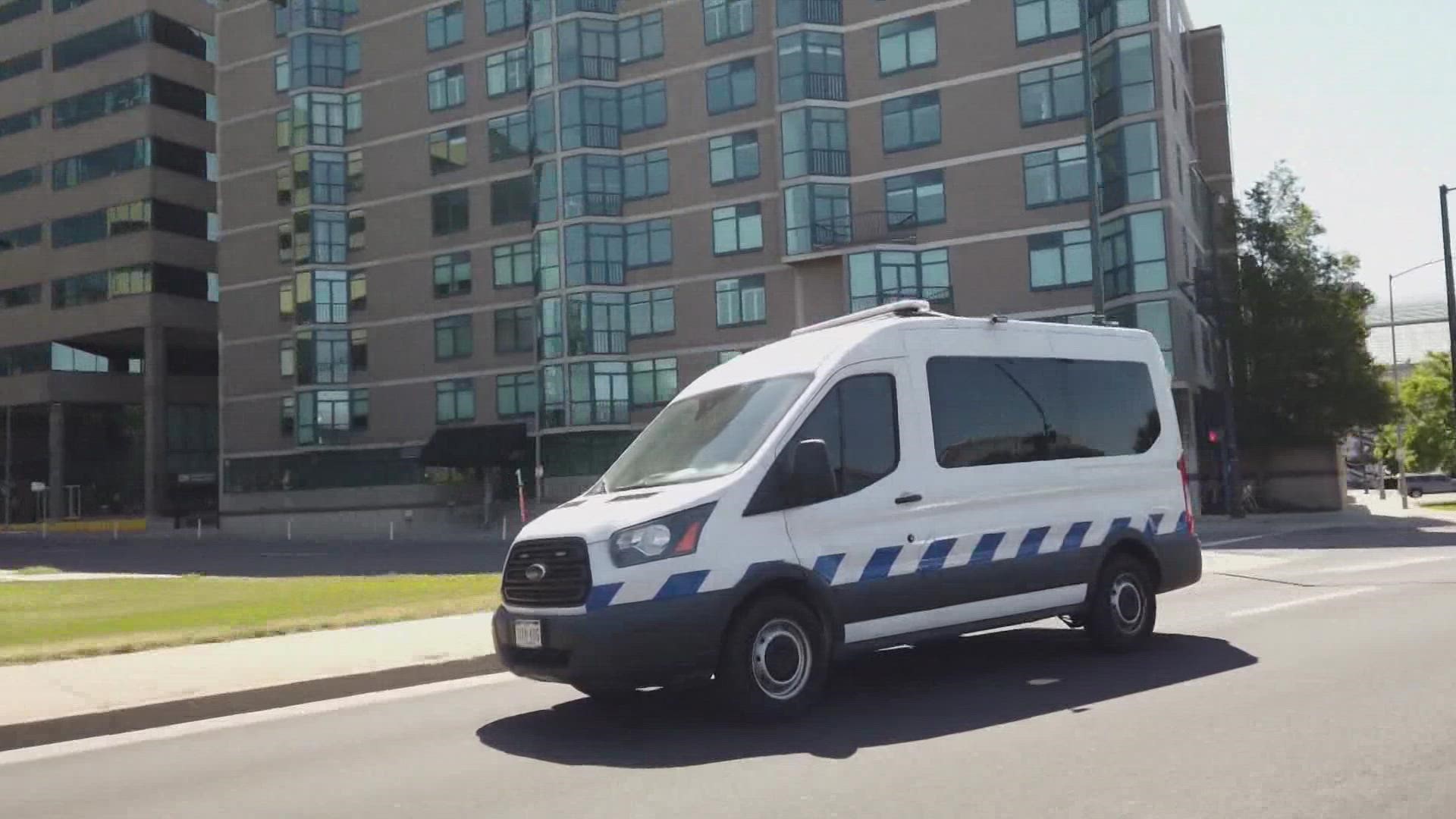DENVER — Denver's STAR co-responder program will soon expand in an effort to connect people in crisis with long-term resources to help.
The Denver City Council voted to allocate $2.3 million to Servicios de La Raza to support community resources and develop programs to help connect STAR patients with housing, substance misuse and behavioral health help, among other resources.
"The intention for this contract is to provide as much as a we can to clients of STAR so that we don’t have them as clients again and we can avoid that next mental health crisis," explained Tristan Sanders, Denver's Director of Community and Behavioral Health.
The STAR program, short for Support Team Assisted Response, has responded to around 6,000 calls since it began in 2020, Sanders said. It sends a mental health clinician and an EMT to certain 911 calls without a safety threat instead of dispatching police.
"They’re addressing really folks who are in crisis around mental health, substance use, etc.," Sanders said.
Right now, STAR workers refer patients to programs -- but only provides information and doesn't always connect people to resources in their community or in their language, he said.
"This contract would create a much more direct hand off to longer term services either provided by Servicios or by other providers residing in communities where folks are," Sanders said.
ALSO CHECK OUT: Unpacking Perfect: Khara Croswaite
Servicios de La Raza will use the funding to evaluate which programs STAR participants need most. Many revolve around housing access and affordability.
"The bulk of these dollars are going to go to hire staff," President and CEO of Servicios de La Raza Rudy Gonzales said. "We promise learning. We are going to learn how to be successful in the work that we implement in service to others in this specific program."
He said Servicios will concentrate its efforts on supporting organizations of color in under-served communities. "We need to make [the program] culturally responsive," he said.
The contract runs for a year, at the end of which Sanders hopes the program will understand better what services people need and how to provide it to them so fewer people have crises that require STAR intervention.
"So we’re referring people to services that they can actually accept and get enrolled in and would be more likely to go if it’s near them and in a way that they prefer to have services," he said.
ALS READ: 'People should be so pissed off': Parents of severely mentally ill say Colorado's system is broken
SUGGESTED VIDEOS: Mental Health & Wellness

